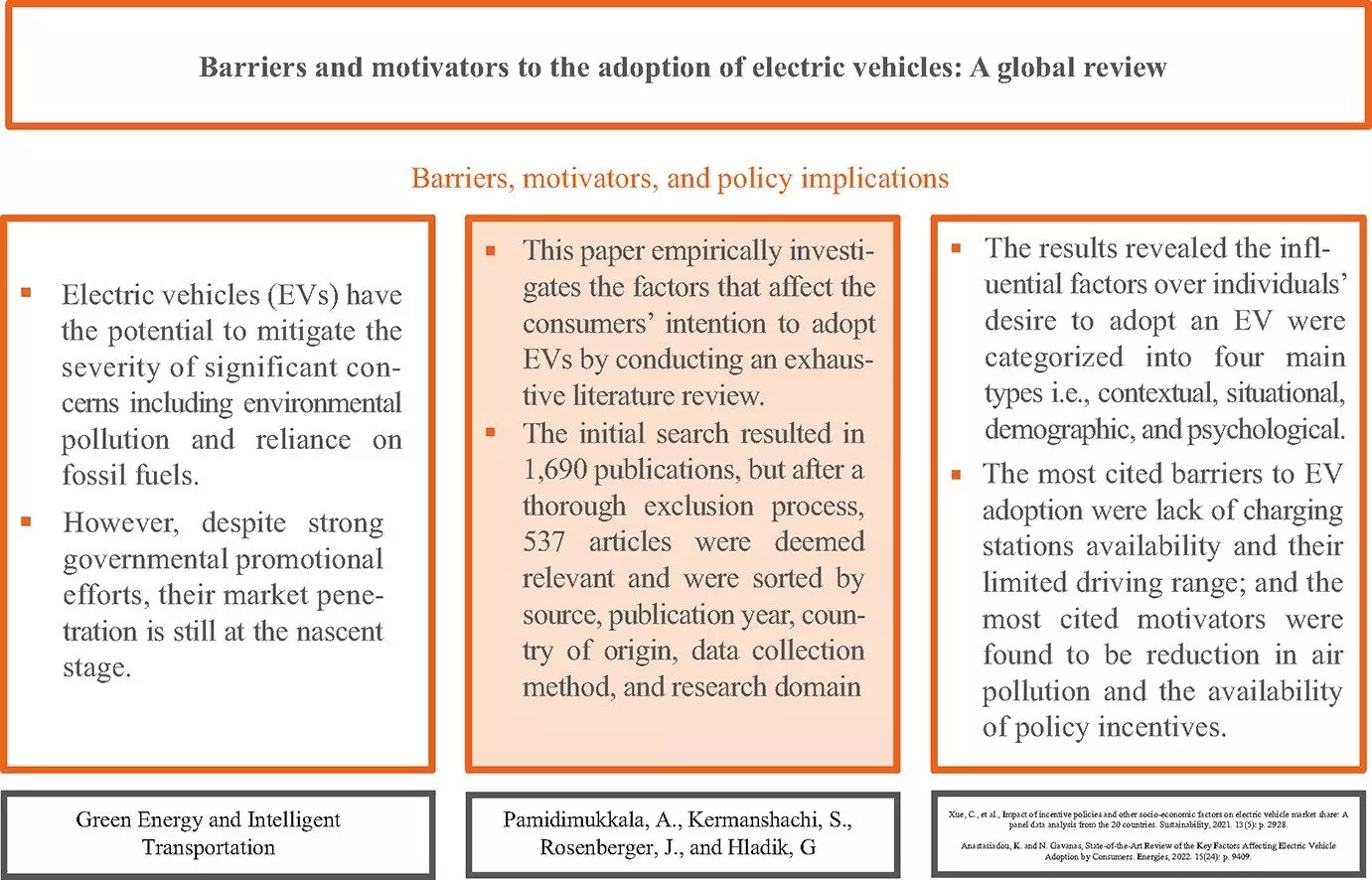In the realm of automotive technology, electric vehicles (EVs) have emerged as game-changers in the global pursuit of sustainability. The appeal of electric vehicles lies in their ability to combat pressing environmental issues such as air pollution and reliance on fossil fuels. As the world grapples with the repercussions of climate change and environmental deterioration, EVs offer a beacon of hope by significantly reducing greenhouse gas emissions associated with traditional vehicles.
Despite the allure of electric vehicles, the transition to electric mobility is not without its deterrents. The high upfront cost of EVs, combined with concerns about charging infrastructure and driving range, presents substantial obstacles. Consumers are wary of the limited availability of charging stations and the extended time required for charging EV batteries. These challenges emphasize the fledgling state of the EV market, despite the substantial support and incentives provided by governments worldwide.
Factors Influencing Consumer Intentions
A study based on the synthesis of data from more than 500 sources identifies four primary categories that influence consumer attitudes towards electric vehicle adoption: contextual, situational, demographic, and psychological factors. Situational aspects such as charging infrastructure accessibility and cost savings from EV usage impact pragmatic considerations. Psychological factors, including environmental awareness and the allure of cutting-edge technology, influence the emotional and ethical rationales behind choosing EVs.
Policy Interventions for Promoting EV Adoption
To boost electric vehicle adoption rates, policymakers and governments are advised to integrate a multi-faceted approach that addresses the diverse factors affecting consumer decisions. Incentives such as tax breaks, subsidies for electric vehicles, and investments in charging infrastructure can help surmount practical challenges. Educational campaigns aimed at highlighting the long-term advantages of EV ownership could reshape public perceptions and nurture a robust market for electric vehicles.
Demographic Trends in EV Adoption
The study also unveils a demographic pattern indicating that younger and middle-aged consumers, particularly males with higher education and income levels, exhibit a stronger inclination towards purchasing electric vehicles. This demographic cohort could play a pivotal role in driving broader acceptance of electric mobility and steering future market trends towards sustainability.
While the road to widespread electric vehicle adoption is fraught with obstacles, the potential environmental and economic benefits make it a journey worth pursuing. By implementing strategic policy measures and fostering ongoing technological advancements, electric vehicles have the power to revolutionize the automotive sector, ushering in an era of sustainability and efficiency. As the world pivots towards greener technologies, a deep understanding of the motivators and barriers outlined in this study will be imperative in accelerating the global adoption of electric vehicles.


Leave a Reply